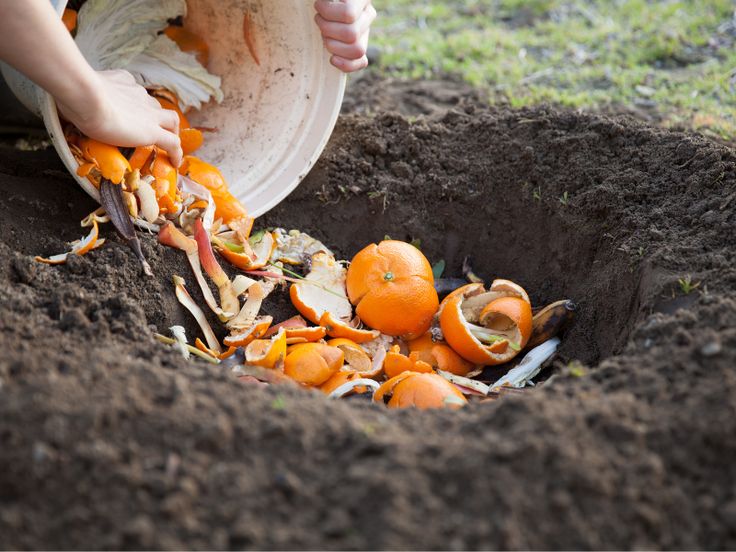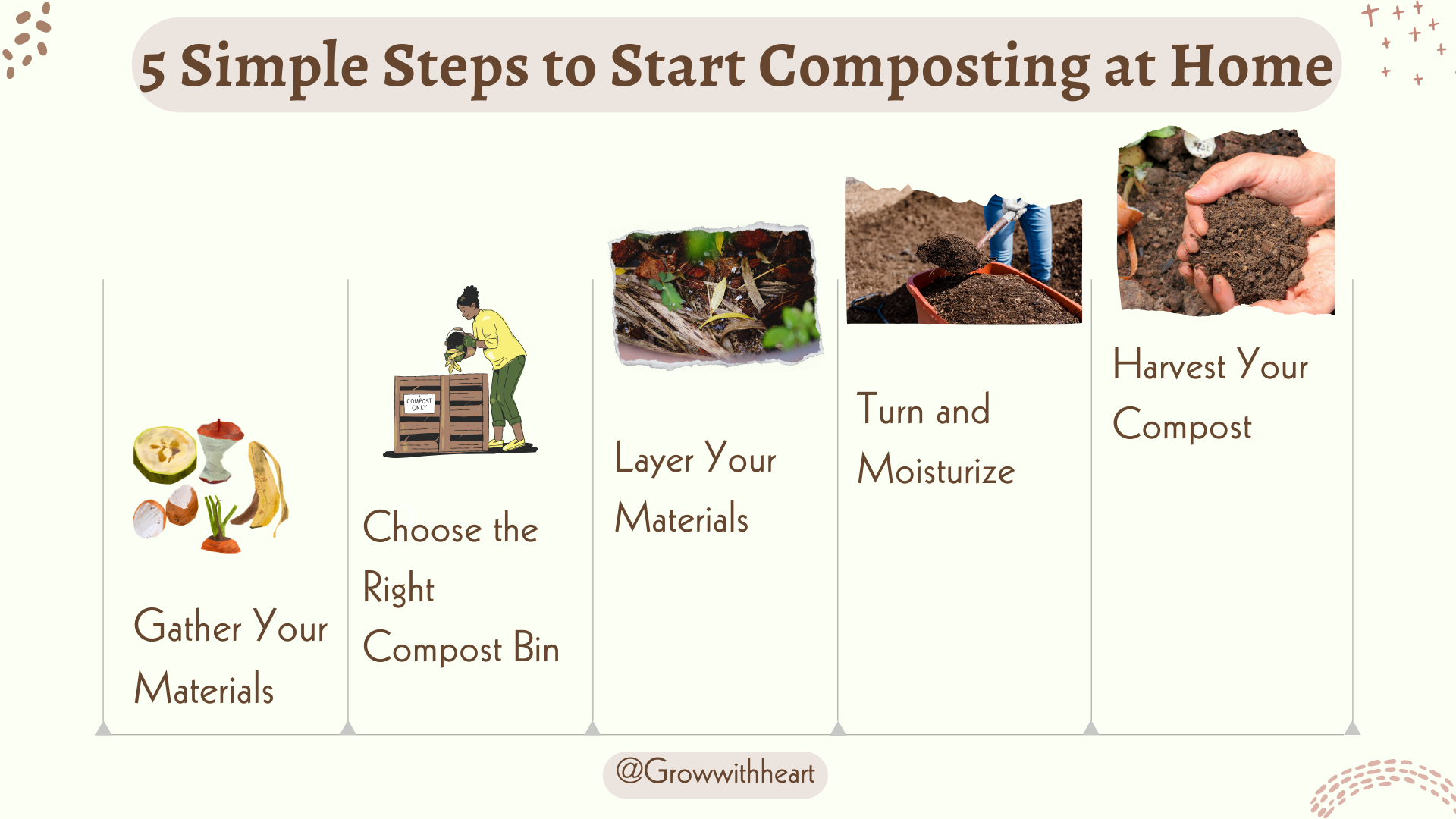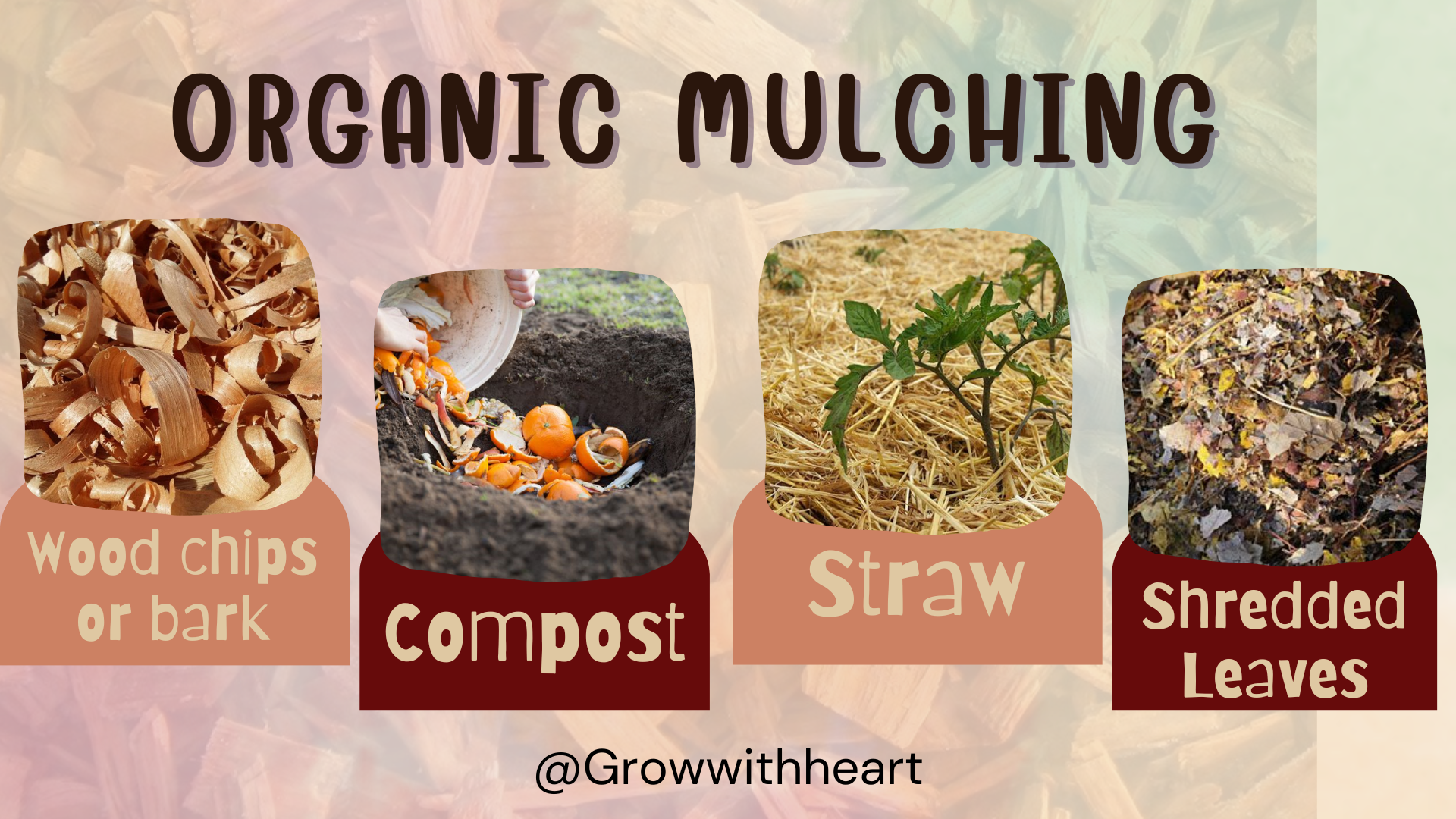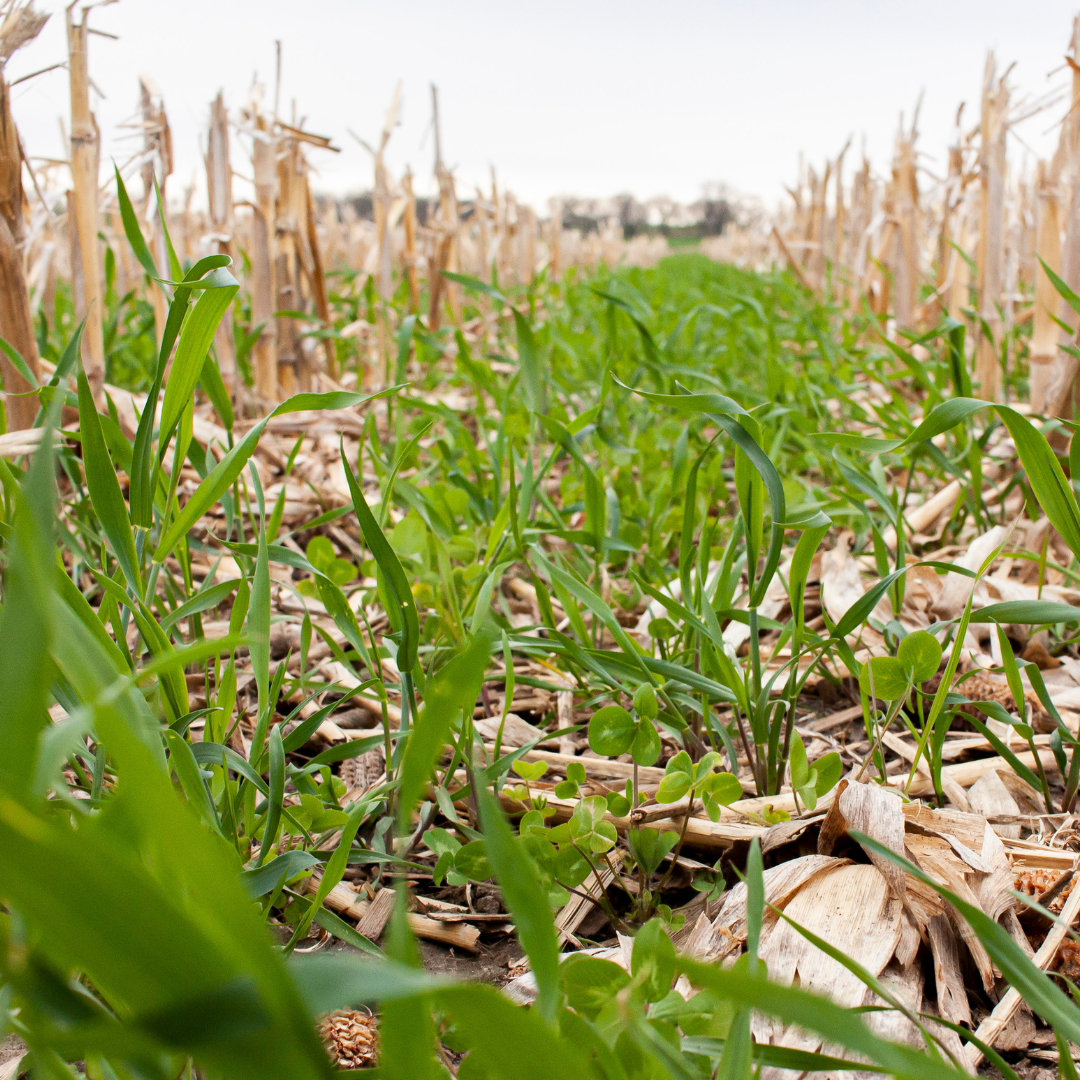Organic waste management is crucial for sustainable farming. If managed properly, organic waste can become a valuable resource for improving soil health, reducing environmental pollution, and enhancing farm productivity.

Let’s explore some easy-to-follow methods to manage organic waste on farms.
1. Composting: Turning Waste into Fertilizer
Composting is one of the simplest and most effective ways to manage organic waste. It involves breaking down plant residues, animal manure, and other organic materials into nutrient-rich compost. This compost can then be used to fertilize the soil naturally.

How to Compost:

- Collect Organic Waste: Start by collecting crop residues, kitchen scraps, leaves, and manure from animals.
- Build the Compost Pile: Create layers of organic material, alternating between “green” materials (like vegetable scraps) and “brown” materials (like dried leaves or straw). This balance is important for the composting process.
- Maintain Moisture: Keep the compost pile moist but not soaking wet. This will help the materials break down faster.
- Turn the Pile Regularly: Every few weeks, turn the compost to allow air to circulate. This helps speed up the decomposition process.
In about 2 to 6 months, depending on the size and maintenance of the pile, you’ll have nutrient-rich compost ready to use in your fields.
2. Mulching: Reusing Organic Waste for Soil Cover
Mulching involves spreading organic waste like leaves, straw, or crop residues on the soil surface to protect it and retain moisture. This simple practice not only helps with waste management but also improves soil health.

Benefits of Mulching:
- Prevents Soil Erosion: Mulch acts as a protective layer that prevents wind and water from washing away the topsoil.
- Improves Soil Fertility: As the mulch breaks down, it adds organic matter to the soil, improving its fertility.
- Suppresses Weeds: Mulch prevents weeds from getting sunlight, reducing their growth.
- Retains Moisture: Mulching helps the soil retain moisture, which is essential during dry periods.
Mulching is an easy and effective way to manage organic waste while enhancing the quality of your soil.
3. Using Animal Manure Wisely
Animal manure is a valuable source of nutrients for crops, but it must be managed carefully to avoid environmental problems. Directly applying fresh manure to the fields can harm plants and lead to nutrient runoff into water bodies.

Best Practices for Managing Animal Manure:
- Compost the Manure: Allow the manure to decompose by mixing it with crop residues or bedding. This reduces pathogens and produces a safer, nutrient-rich fertilizer.
- Apply at the Right Time: Apply composted manure during the growing season when crops can absorb the nutrients. This prevents nutrient loss through runoff.
- Avoid Over-Application: Overusing manure can lead to nutrient imbalances in the soil. Follow recommended application rates based on your soil’s needs.
Properly managing animal manure ensures that it benefits crops without harming the environment.
4. Cover Cropping: Reducing Waste and Improving Soil Health
Cover cropping involves planting crops that are not harvested but instead grown to protect and improve the soil. These crops, such as clover, rye, or legumes, can help manage organic waste by recycling nutrients and improving soil structure.

Advantages of Cover Cropping:
- Recycles Nutrients: Cover crops capture leftover nutrients from previous crops, preventing them from leaching away.
- Improves Soil Structure: The roots of cover crops help break up compacted soil and improve its structure.
- Adds Organic Matter: When cover crops are tilled back into the soil, they decompose and add organic matter, enriching the soil.
- Reduces Erosion: Cover crops protect the soil from erosion caused by wind and rain.
Cover cropping is a natural way to manage organic waste while enhancing the long-term health of your soil.
5. Proper Storage and Handling of Organic Waste
Storing organic waste properly is essential to prevent nutrient loss, odors, and water pollution. Improperly managed waste piles can leach nutrients into nearby water bodies, leading to pollution.
Tips for Proper Storage:
- Use Covered Storage Areas: Keep organic waste in covered or sheltered areas to prevent rainwater from washing nutrients away.
- Prevent Leaching: Ensure that waste storage areas are located far from water bodies and that they are designed to prevent runoff.
- Turn Waste Regularly: For compost piles, regular turning helps to speed up the decomposition process and prevent odors.

By properly storing organic waste, farmers can prevent environmental harm and make the most of valuable nutrients.
Conclusion
Managing organic waste on farms is not only important for maintaining a clean environment, but it also contributes to soil health and farm productivity.
By composting, mulching, using animal manure wisely, and practicing cover cropping, farmers can turn waste into a valuable resource.
With proper education and storage methods, farms can become more sustainable and efficient in managing organic waste.
